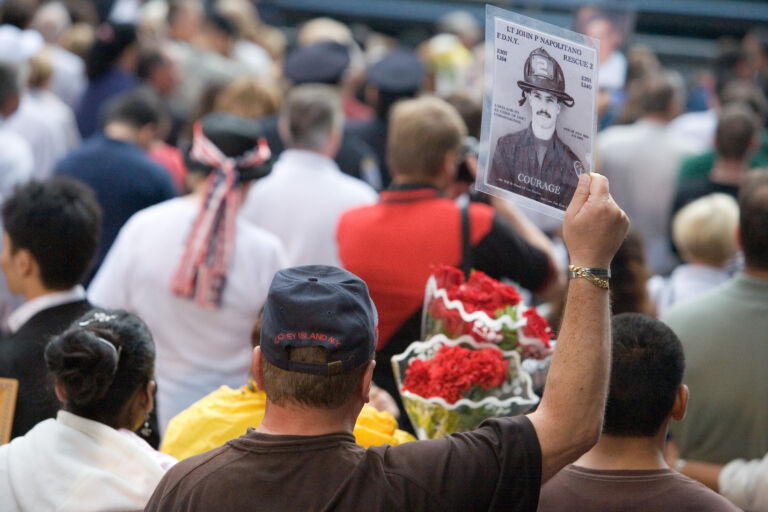Who would have thought a call to act like a gentleman would generate controversy? Context is important. The latest Gillette ad touches some political buttons at a time when everything is viewed as the next potential battle in the country’s civil cold war, but the message is simply that men should have some standards of behavior.
The third law of thermodynamics applies to social systems as much as physical systems. It takes effort to maintain order. As James Madison wrote in Federalist 51, “If men were angels, no government would be necessary.” Fortunately, government is not our only option for appealing to the better angels of our nature. As our national political drama makes apparent, too much reliance on a distant bureaucratic government can degrade our ability to govern ourselves.
Andy Smarick writes in National Affairs on two views of how members of society can advance the common good through voluntary interactions and associations. One approach is based on the Catholic concept of subsidiarity, which “blends the liberties of individuals and associations with their duties.” “By elevating liberty and responsibility,” Smarick explains, “subsidiarity and Tocqueville’s view of decentralization foster a kind of civic participation that benefits the whole.”
The second view is Friedrich Hayek’s understanding of how order arises from interactions without a moral obligation or deliberate planning to create that order. Social structures arise the way rules do in children’s games: somebody acts in a way that another person thought was not allowed, the game stops, and the participants decide that “from now on…” a new rule applies to forbid or allow the action. As long as everyone agrees on how new rules will develop, nobody needs to impose all the rules beforehand and the participants can create rules within the game. Hayek, like James Buchanan and Gordon Tullock, saw the development of institutions as a society-level application of “from now on…” rulemaking. Once the new rule is established, new participants think of it as a natural part of things, a tradition, and they tell others “we’ve always…”
Hayek did not think anyone could have enough information to plan society from above. We cannot even gather enough information about our own bodies to plan breathing, blood flow, and other activities all the time. No one thinks about unleashing white blood cells against a virus or infection. The first conscious recognition of illness comes well after the immune system has been fighting. Similarly, students know things before teachers, who know things before the principal, who knows things before the superintendent of the school system. Unlike white blood cells, however, people must decide to act on their knowledge. That is where spontaneous order overlaps with subsidiarity.
Decisions need to be made at the lowest level where action can make a difference. Gillette’s ad is a good reminder that the individual is often that lynchpin. Traditions must be upheld or they are no longer traditions, they move from “we’ve always…” to “we used to…”. Men used to wear hats and take them off when a lady entered the room. Men used to consider women ladies.
The last few years there has been a lot of nostalgic “we used to…” but not as much positive “from now on…” We have focused more on liberty and less on responsibility, more willing to be offended than to offer grace. One of the most notable examples of forward-looking grace came when Rep. Dan Crenshaw refused to berate Saturday Night Live cast member Pete Davidson for a bad joke about his eyepatch, earned during the former Navy SEAL’s third tour in Afghanistan. Instead, Crenshaw went on the show, found common ground with Davidson, and demonstrated how more of us could do the same.
“From now on,” let’s look for the best in others and be the best we can, with grace, humility, and courage.


